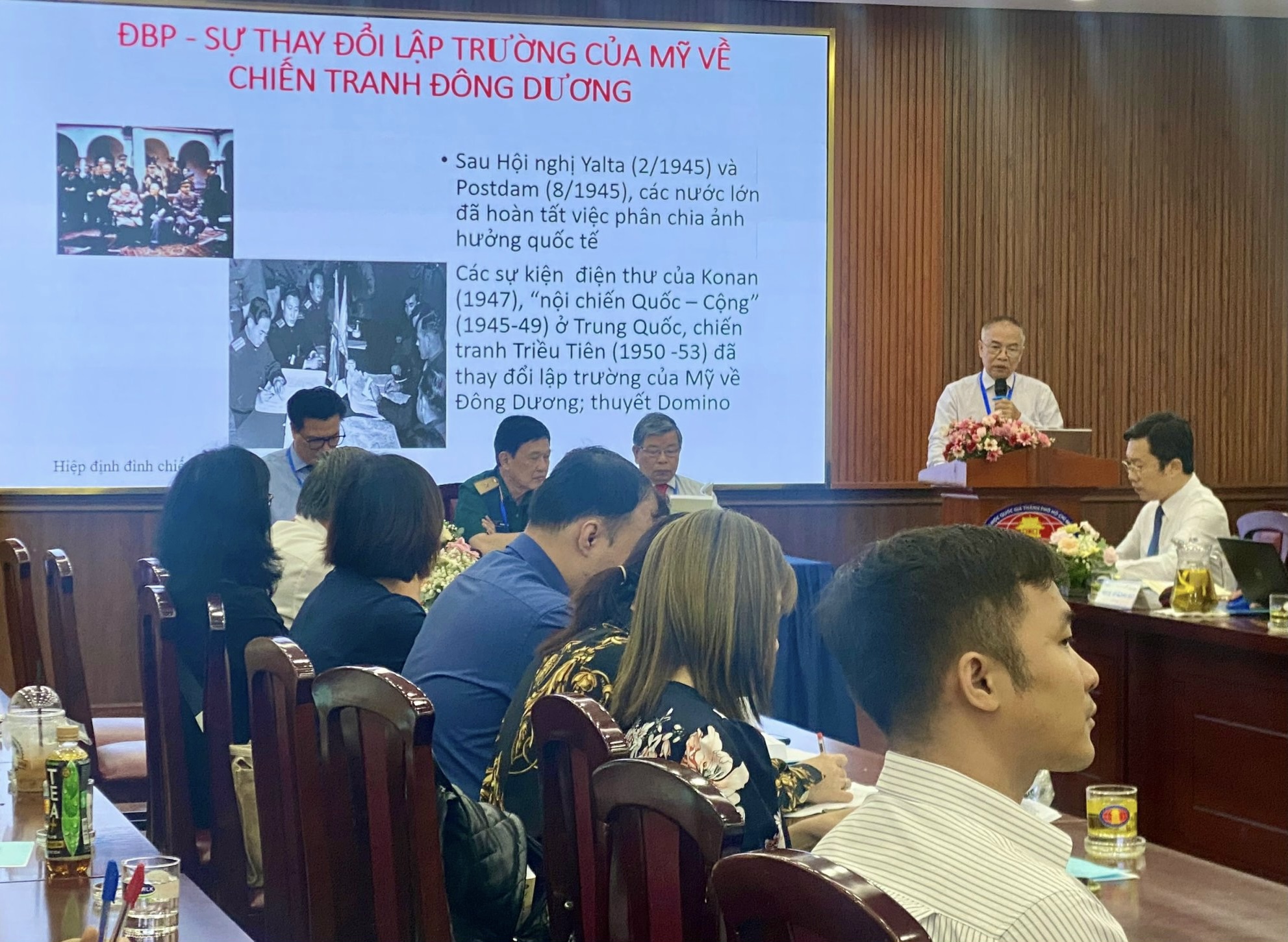
Experts share at the workshop
This morning (July 20), the University of Social Sciences and Humanities (Vietnam National University, Ho Chi Minh City) organized a national conference “The South from Dien Bien Phu to the Geneva Agreement: 70 years in review (1954-2024)”. The conference gathered 37 presentations from experts and scientists nationally.
Sharing more with reporters, Associate Professor, Dr. Tran Thi Mai, senior lecturer of the History Department of the University of Social Sciences and Humanities (Ho Chi Minh City National University), said: "Education oriented towards developing capacity and qualities is through the educational program, textbooks and the role of guiding and organizing teaching activities of teachers, students are allowed to participate in the process of learning, discovering and practicing historical knowledge, applying the knowledge learned into practice, in accordance with the spirit of the learner being the center".
"People often think that studying history means knowing a lot of events, memorizing a lot of dates, figures... That is an incorrect concept. The perspective of learning in the direction of developing capacity and qualities focuses on systematicity, receiving core knowledge, grasping the nature of events, historical processes and knowing how to apply them in practice. And practice is not far away, it is right in the economic , cultural, social issues... right in our locality", Associate Professor, Dr. Tran Thi Mai said.
This year's high school graduation exam had a historic 2,108 exam scores of 10.
The analysis of the distribution of scores in the 2024 national history high school graduation exam shows that the average score is 6.57. The highest score achieved by students is 6.75. This subject has 2,108 exams with a score of 10 but 19 exams with a score of 0.
Sharing about this method, Dr. Mai said: "Regarding the issue of preserving the value of cultural heritage, students can participate directly as researchers, collectors, introducers, and promoters of heritage in their locality. From there, they can draw their own experiences and contribute to the community in preserving and promoting the value of heritage. Learning with historical practice, learning linked to practice, connecting with life and gaining more understanding of the locality, not only helps consolidate the knowledge learned but also nurtures and improves the qualities of students".
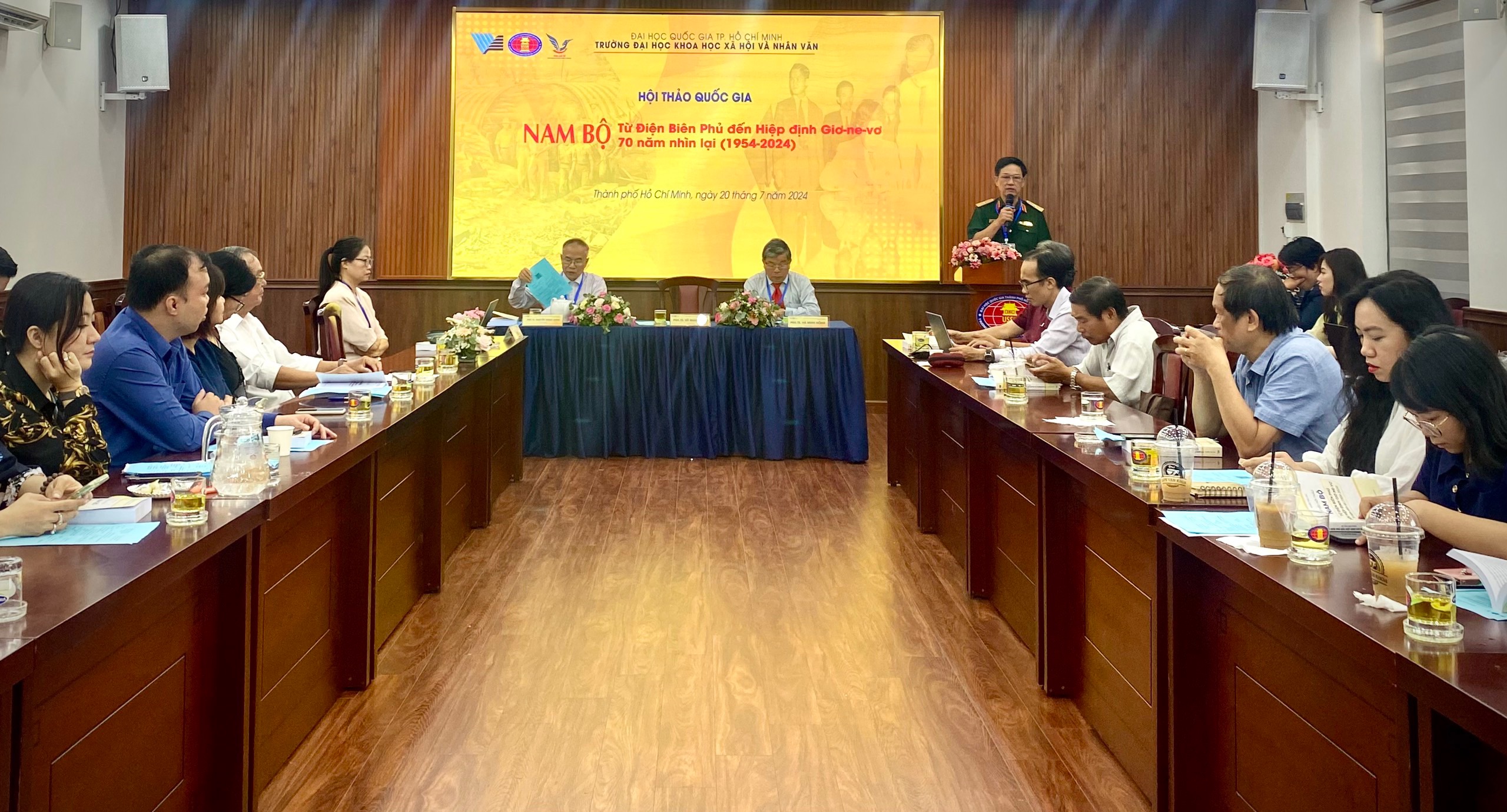
Overview of the national conference this morning
According to Associate Professor, Dr. Tran Thi Mai, the exam questions now do not focus on testing knowledge but on assessing ability, focusing on what the learner has learned, how to receive and apply knowledge. If learning is based on ability and quality, the exam must also be based on ability and quality, eliminating the mentality of having to memorize history.
“Studying history is for understanding and application, so the exam also tests the understanding and application ability of the learner,” a senior tutor of the History Department at the University of Social Sciences and Humanities (Ho Chi Minh City National University) shared more about the issue of studying and taking history exams.
Source: https://thanhnien.vn/tien-si-lich-su-chia-se-cach-hoc-va-thi-theo-nang-luc-pham-chat-185240720182404789.htm





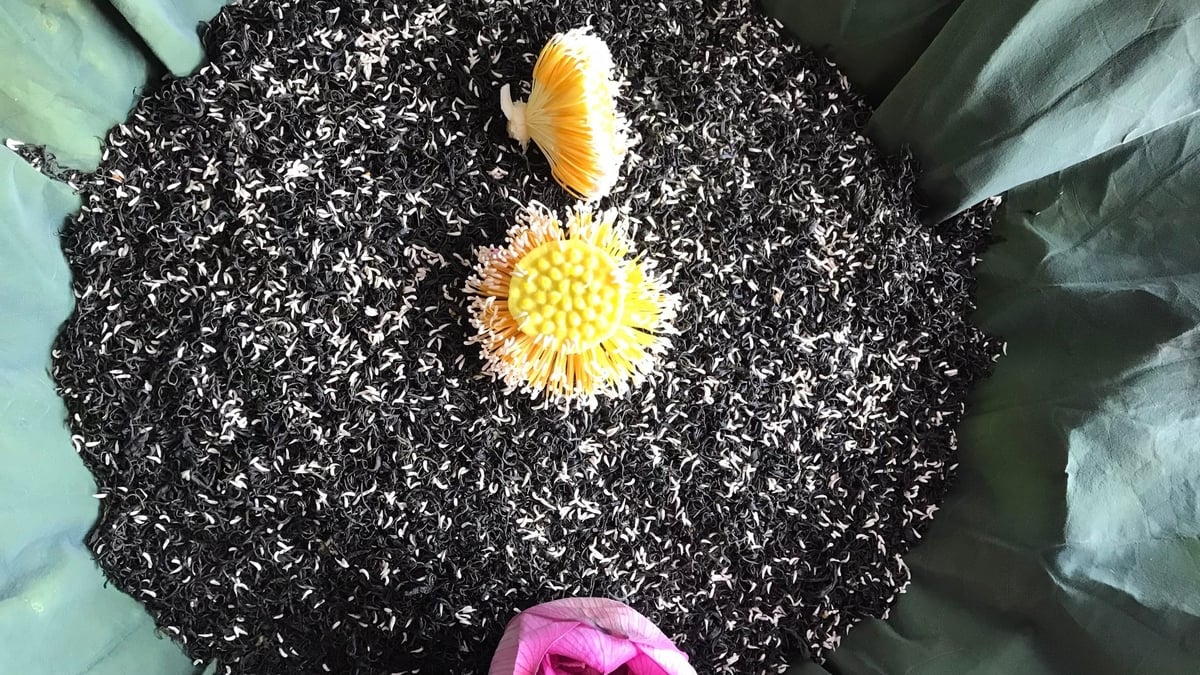
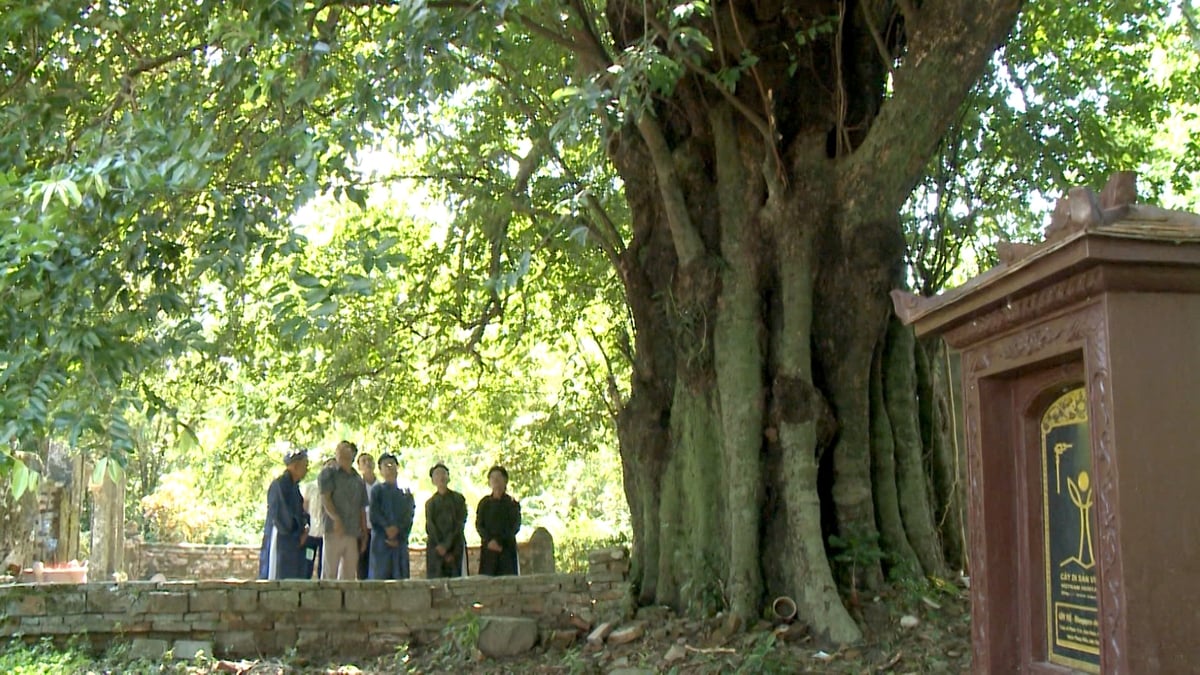

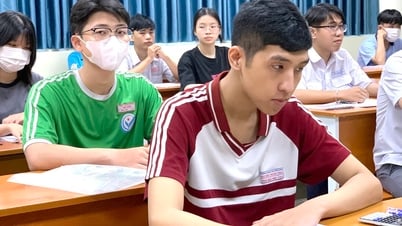



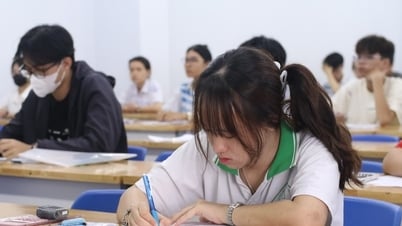

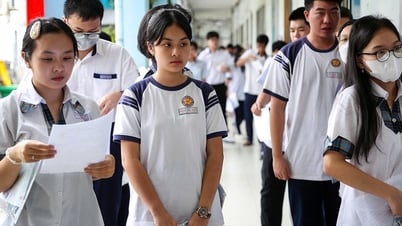
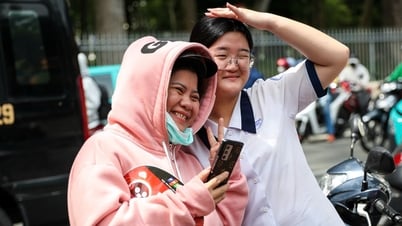
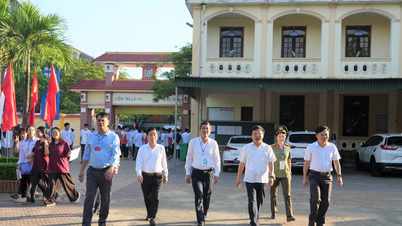

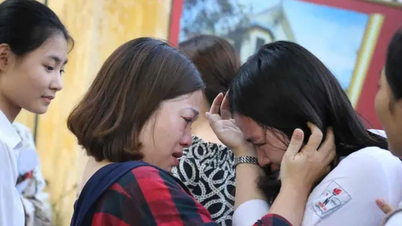

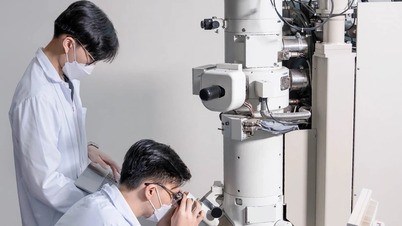
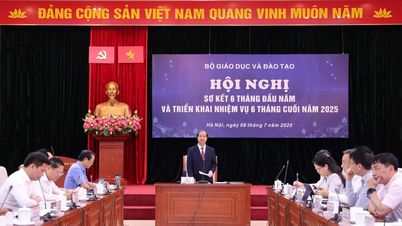


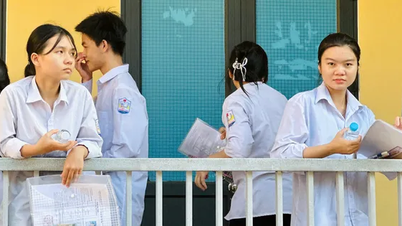
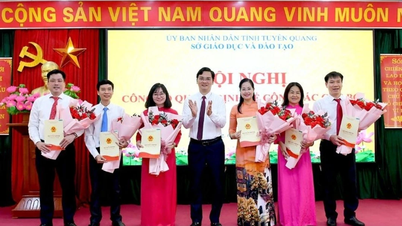




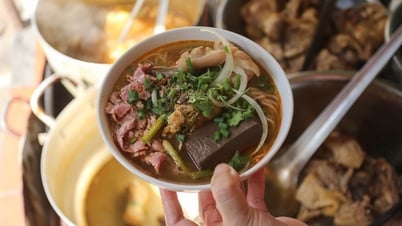

















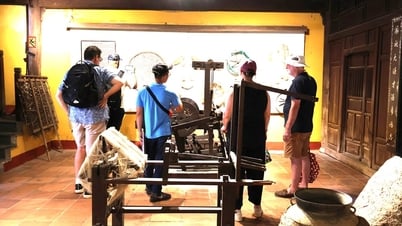




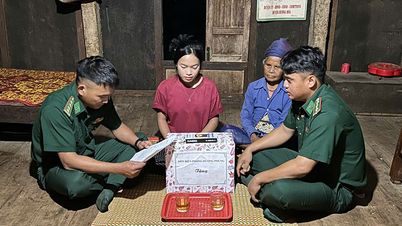

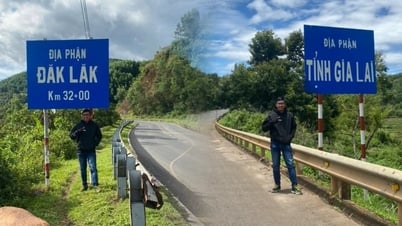






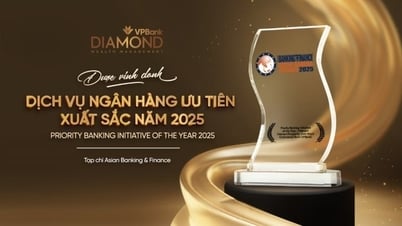






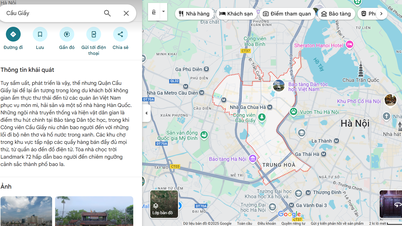
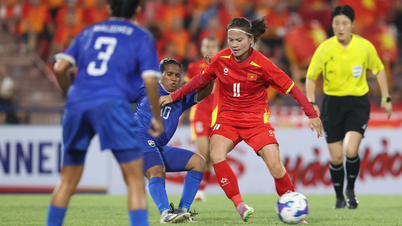



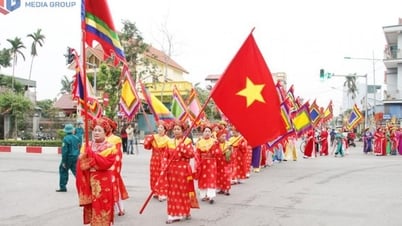
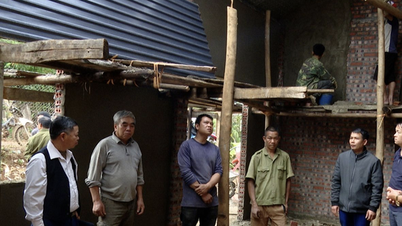
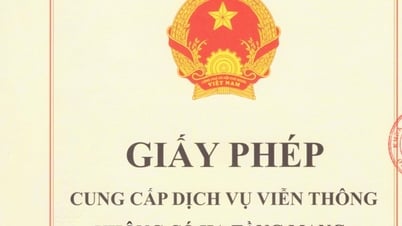

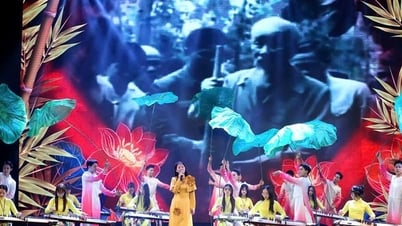


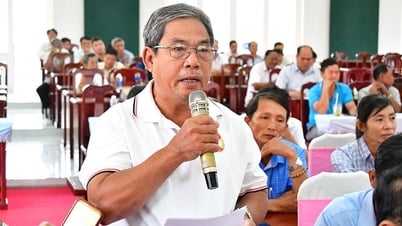

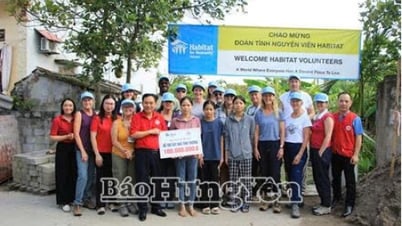

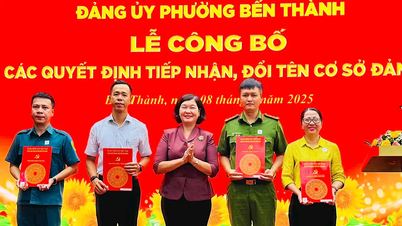

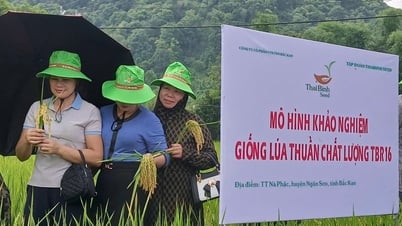















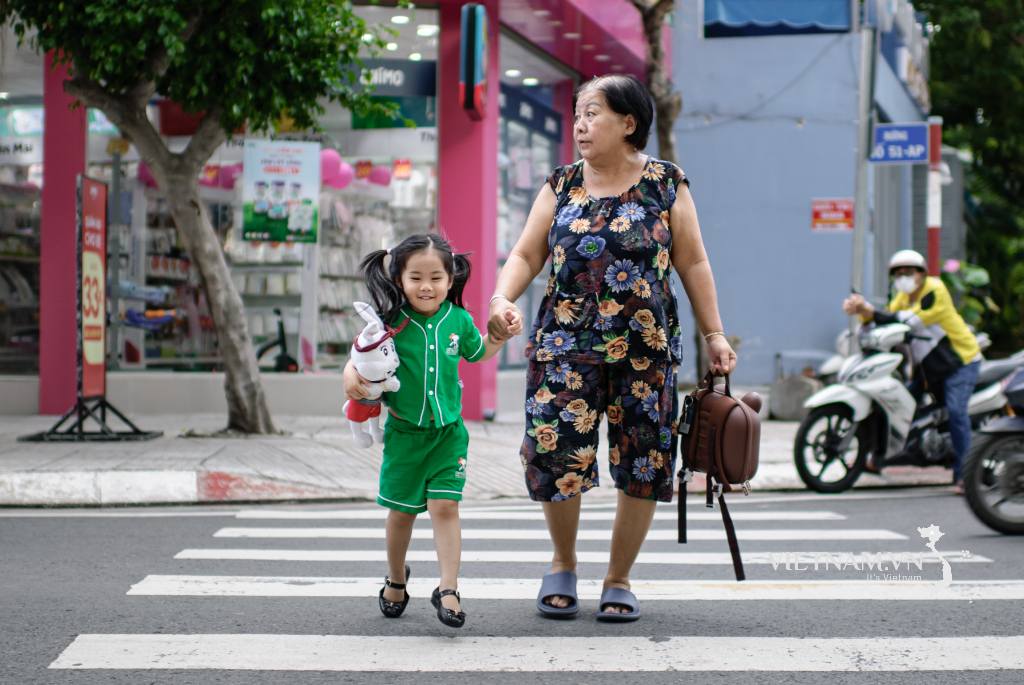

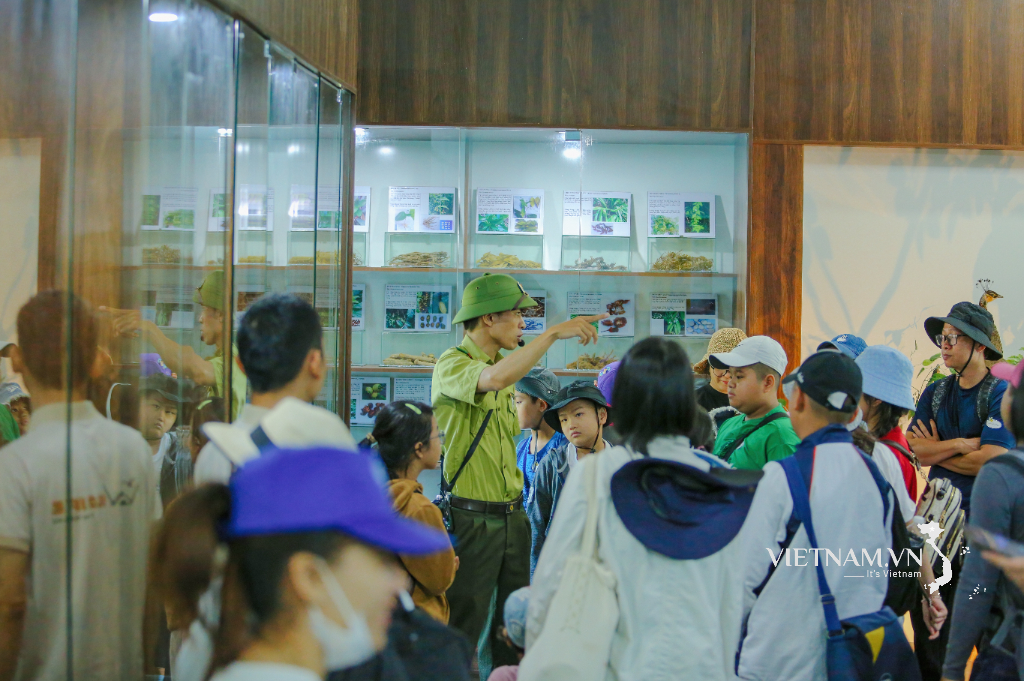
Comment (0)